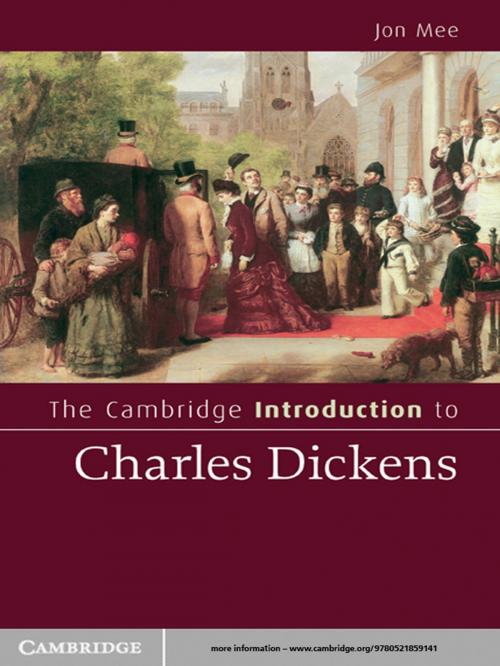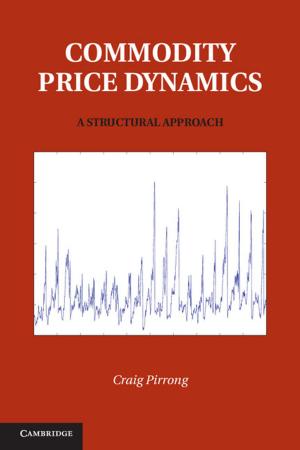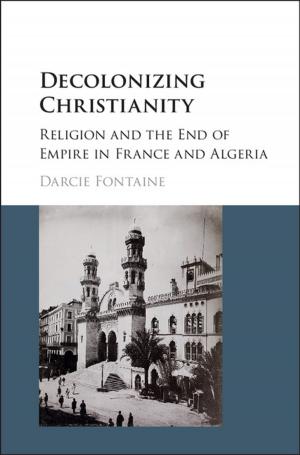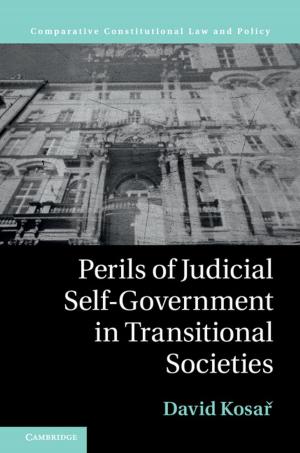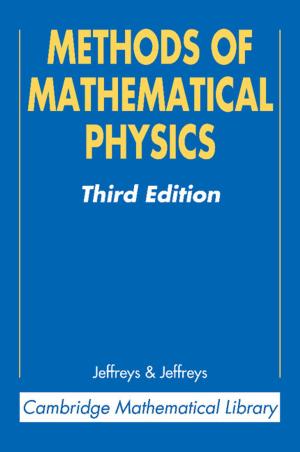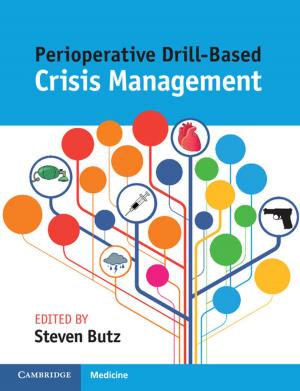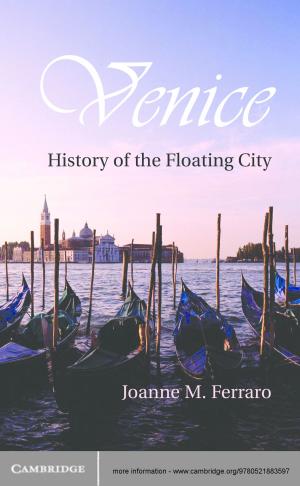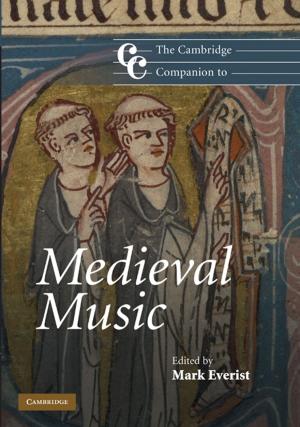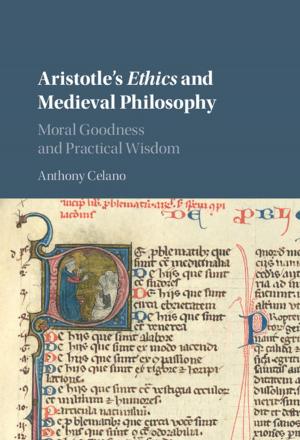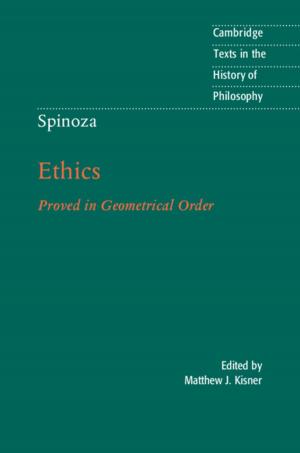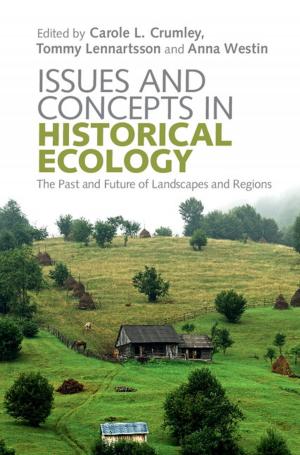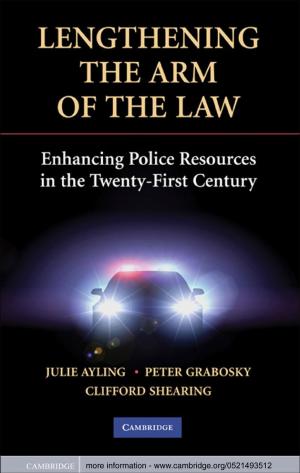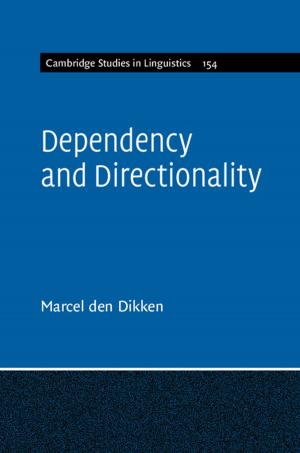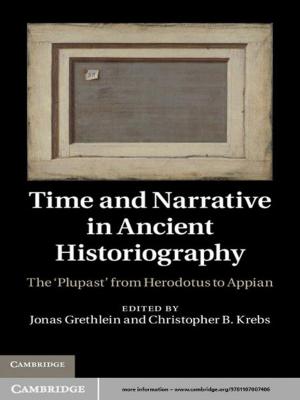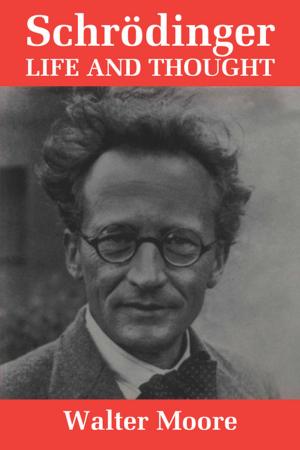The Cambridge Introduction to Charles Dickens
Fiction & Literature, Literary Theory & Criticism, British| Author: | Jon Mee | ISBN: | 9781139793469 |
| Publisher: | Cambridge University Press | Publication: | September 2, 2010 |
| Imprint: | Cambridge University Press | Language: | English |
| Author: | Jon Mee |
| ISBN: | 9781139793469 |
| Publisher: | Cambridge University Press |
| Publication: | September 2, 2010 |
| Imprint: | Cambridge University Press |
| Language: | English |
Charles Dickens became immensely popular early on in his career as a novelist, and his appeal continues to grow with new editions prompted by recent television and film adaptations, as well as large numbers of students studying the Victorian novel. This lively and accessible introduction to Dickens focuses on the extraordinary diversity of his writing. Jon Mee discusses Dickens's novels, journalism and public performances, the historical contexts and his influence on other writers. In the process, five major themes emerge: Dickens the entertainer; Dickens and language; Dickens and London; Dickens, gender, and domesticity; and the question of adaptation, including Dickens's adaptations of his own work. These interrelated concerns allow readers to start making their own new connections between his famous and less widely read works and to appreciate fully the sheer imaginative richness of his writing, which particularly evokes the dizzying expansion of nineteenth-century London.
Charles Dickens became immensely popular early on in his career as a novelist, and his appeal continues to grow with new editions prompted by recent television and film adaptations, as well as large numbers of students studying the Victorian novel. This lively and accessible introduction to Dickens focuses on the extraordinary diversity of his writing. Jon Mee discusses Dickens's novels, journalism and public performances, the historical contexts and his influence on other writers. In the process, five major themes emerge: Dickens the entertainer; Dickens and language; Dickens and London; Dickens, gender, and domesticity; and the question of adaptation, including Dickens's adaptations of his own work. These interrelated concerns allow readers to start making their own new connections between his famous and less widely read works and to appreciate fully the sheer imaginative richness of his writing, which particularly evokes the dizzying expansion of nineteenth-century London.
